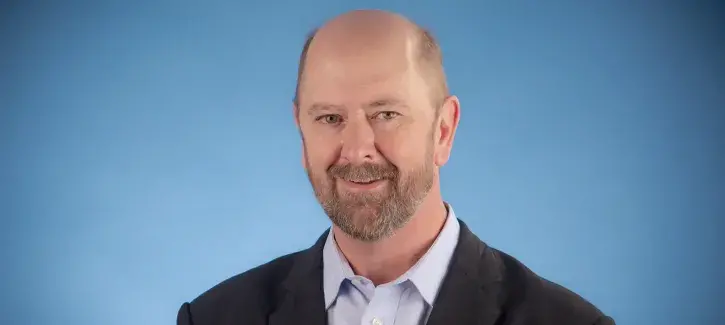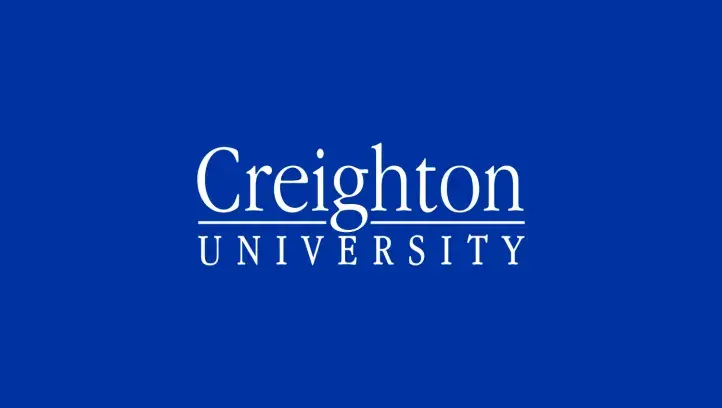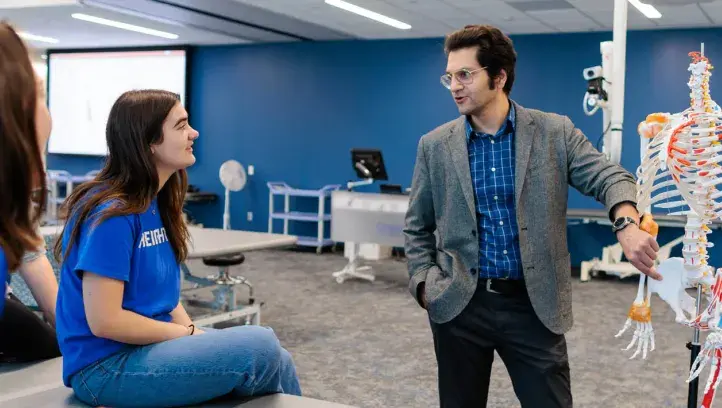
Heider professor awarded $1.2M grant to tie business to service to poor

“Society is skeptical about business, in part because it’s often perceived as self-interested, self-serving and generally not concerned for others,” says Andrew Gustafson, PhD, professor of business ethics and society in the Marketing and Management Department at Creighton University’s Heider College of Business and executive director of the Society for Business Ethics.
However, he continues, “Economy of Communion (EoC) provides a fresh and inspiring alternative to this way of thinking about business by which entrepreneurs, operating in free markets, freely choose to leverage their business practices to help the disadvantaged and foster communion between people.”
Gustafson calls Economy of Communion a “healthier form of economic thinking,” an alternative to both “unfettered capitalism and anti-capitalistic socialism.”
Now, thanks to a three-year $1.2M grant from the John Templeton Foundation, Gustafson will further elevate the message and practice of EoC through Heider College of Business’ Business, Faith and the Common Good Institute via a multi-pronged approach to help promote the Economy of Communion way of practicing business that transforms theory into practical application.
A business model rooted in dignity
Founded more than 20 years ago in Sao Paulo, Brazil, Economy of Communion seeks to bring together students, scholars, business professionals, clergy and lay people, teachers and marginalized members of society. Its mission: to promote economic activity that fosters human dignity, especially by helping the poor.
Seen through the lens of EoC, business is more than a bottom line—it is a powerful tool that elevates human wellbeing. It provides a living. It enhances self-worth. It forms community.
Capitalism yields the common good unintentionally, Gustafson maintains. As standards of living rise, so do people. And, echoing the adage about teaching a person to fish versus giving a person fish to eat, business is a more sustainable practice than charity. It provides a means of dignified work that respects one’s humanity and improves their long-term situation.
Market participation is the foundation of advancement, not charity alone, Gustafson says. EoC principles hold that business activity can promote human flourishing. Its practitioners offer products and services to meet human and societal needs and provide opportunities for meaningful work. They also seek to manage their companies with moral integrity while supporting other EoC members’ efforts, because swimming against culture’s current is tiring.
Sparking a worldwide interest in the EoC approach to business
Despite growing interest in the philosophy behind EoC, accessible resources—particularly for educators and entrepreneurs—remain scarce.
“Entrepreneurs are busy people,” says Gustafson. “They don’t have time to write all this down.”
Gustafson has been an EoC practitioner since 2015, through his business, Communion Properties. Now, combining his experience as a business owner with his primary career as a university professor, he’s launching an initiative to bring EoC into classrooms and boardrooms alike.
The need for such a systematic approach became apparent to Gustafson as many fellow Heider professors asked him for EoC materials to incorporate in their coursework. None existed. The Templeton grant will fund:
- development of a website
- online resources, such as podcasts, case studies and interviews with EoC practitioners
- publication of three books that advance EoC values among students, faculty and entrepreneurs
- a suite of commissioned articles, some geared for lay people and others for academics
- internships for students from across Creighton
- travel scholarships for students and entrepreneurs to attend annual meetings
- curriculum development, including units on EoC for existing courses and new EoC courses
- a dedicated staff, including an associate and assistant director
The time is ripe for an EoC project, Gustafson says. “Numerous EoC entrepreneurs with amazing stories are nearing retirement. We need to share their stories on a larger, international scale.”
“EoC started as a solution to a problem—how do we help the free market solve its own problems without government dependence—not a theory to be enacted. But now is the time to create theory about the practice that is already happening,” he continues.
And it’s a way business professionals can live their faith in their work.
“Business can be a spiritual activity,” Gustafson maintains. “For me, that’s essential, and what Economy of Communion can do for people.”




